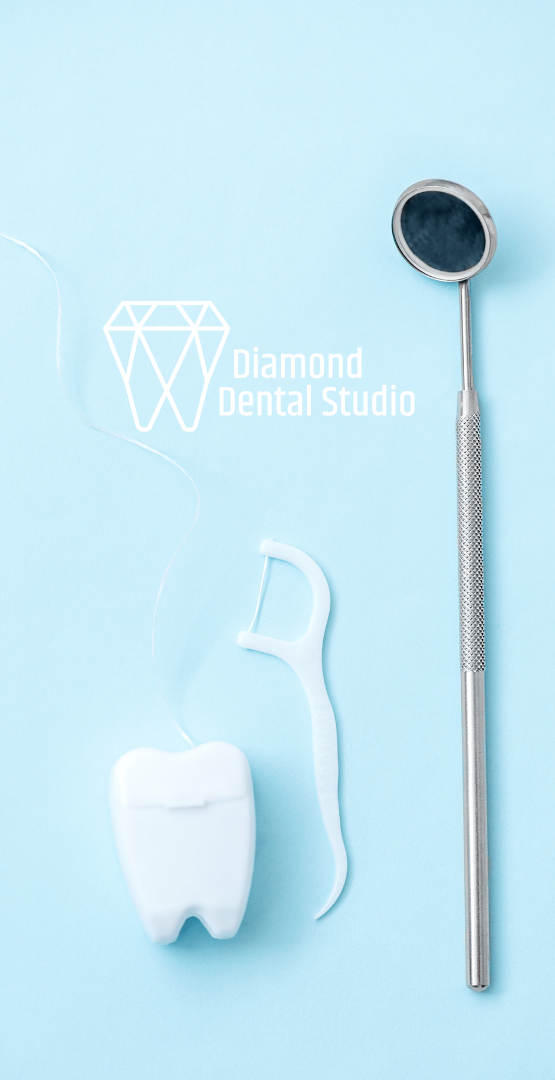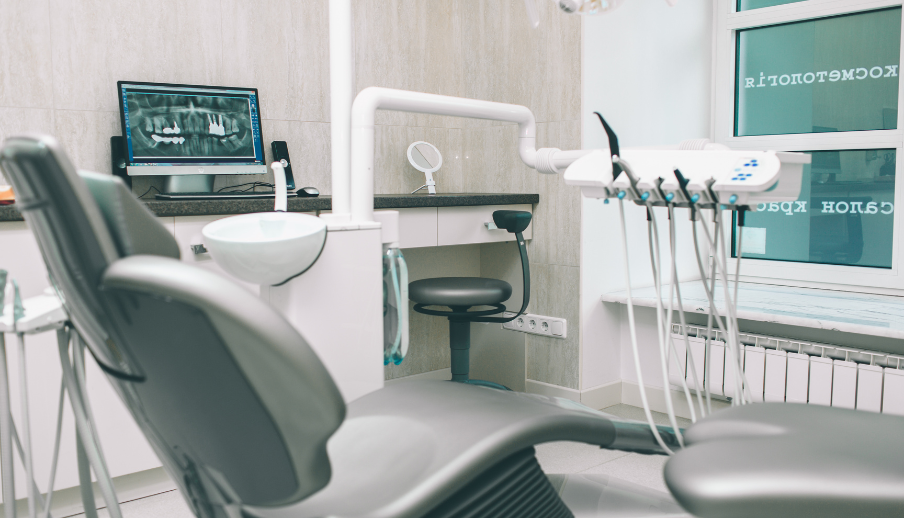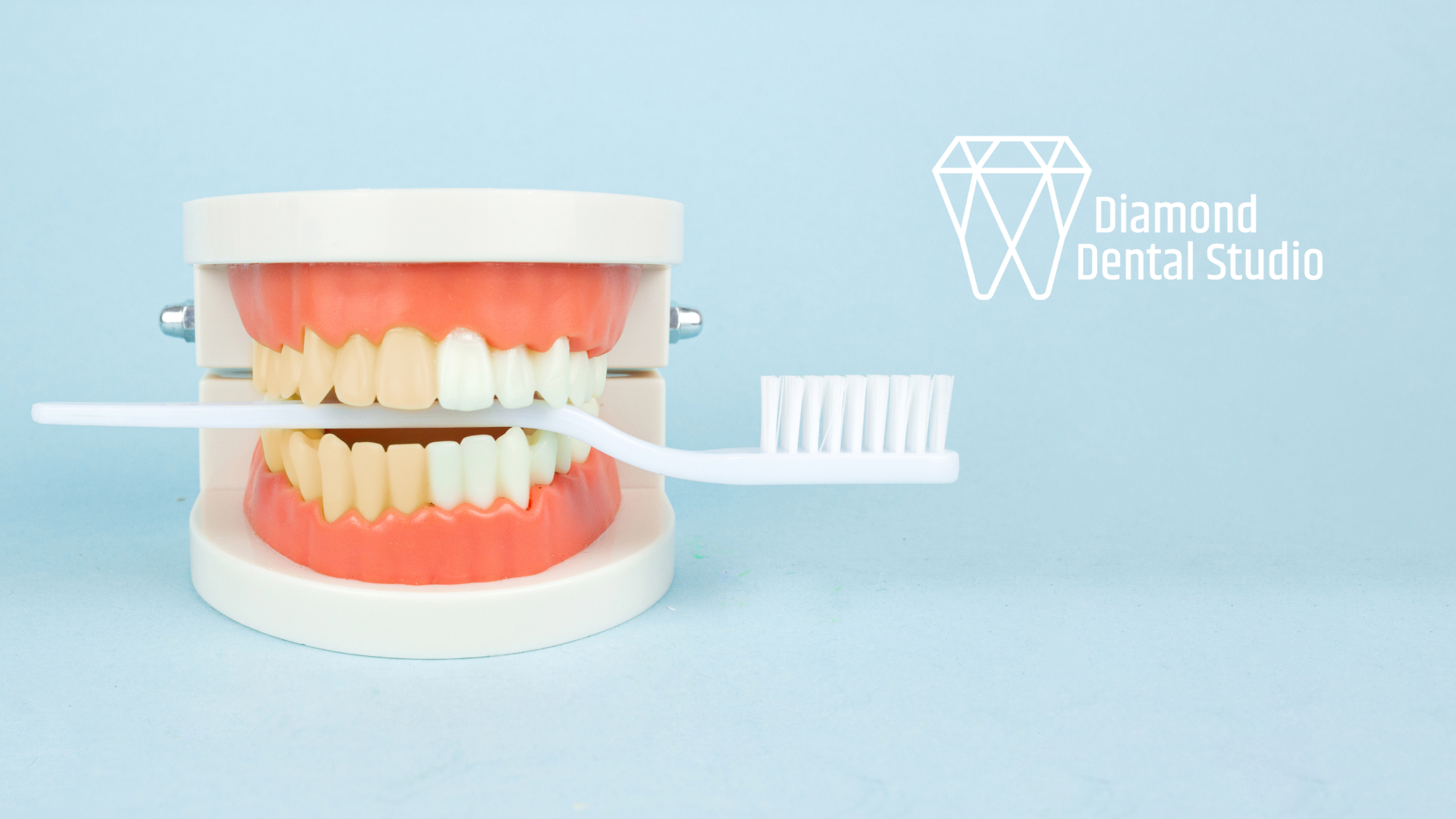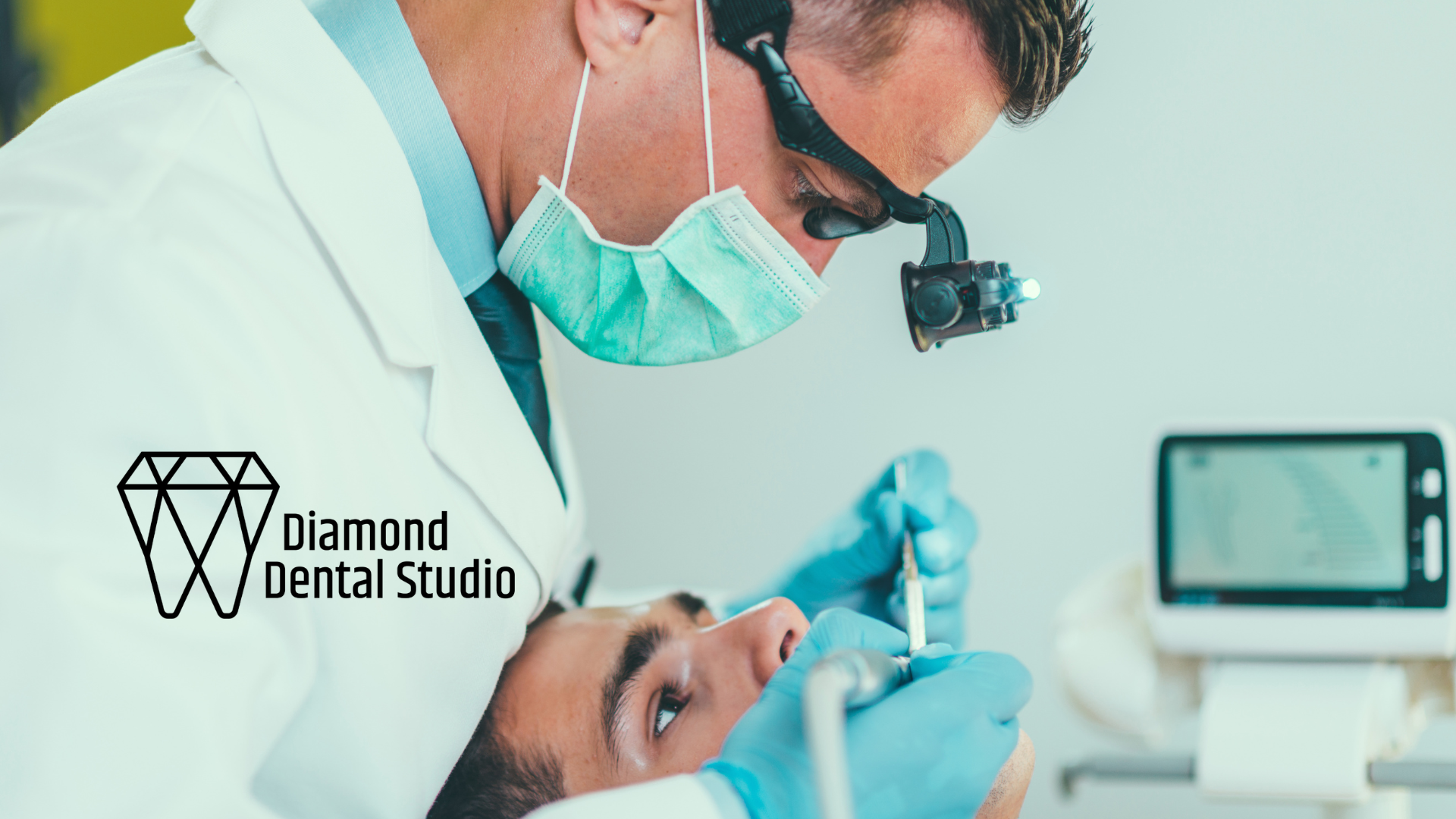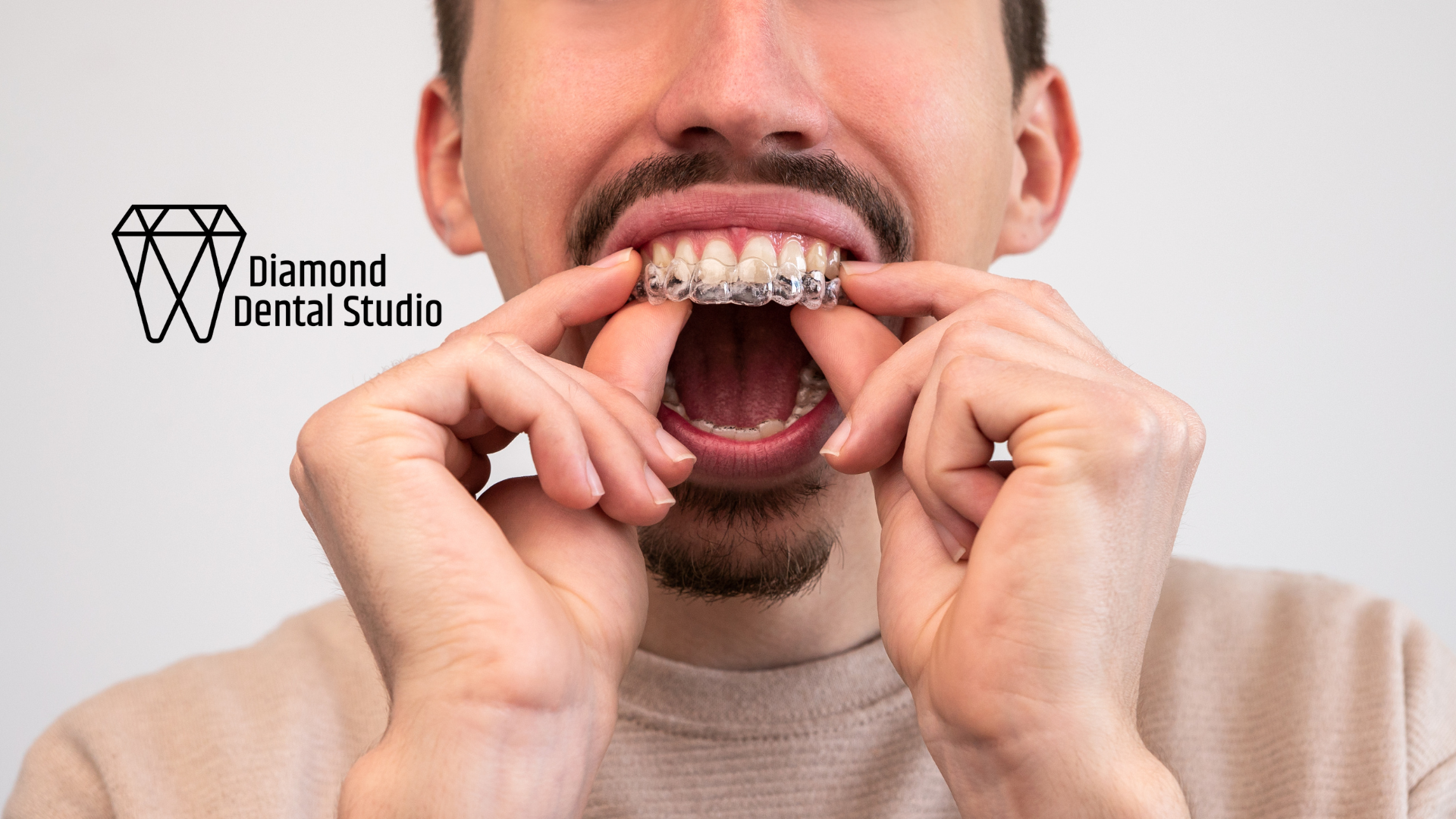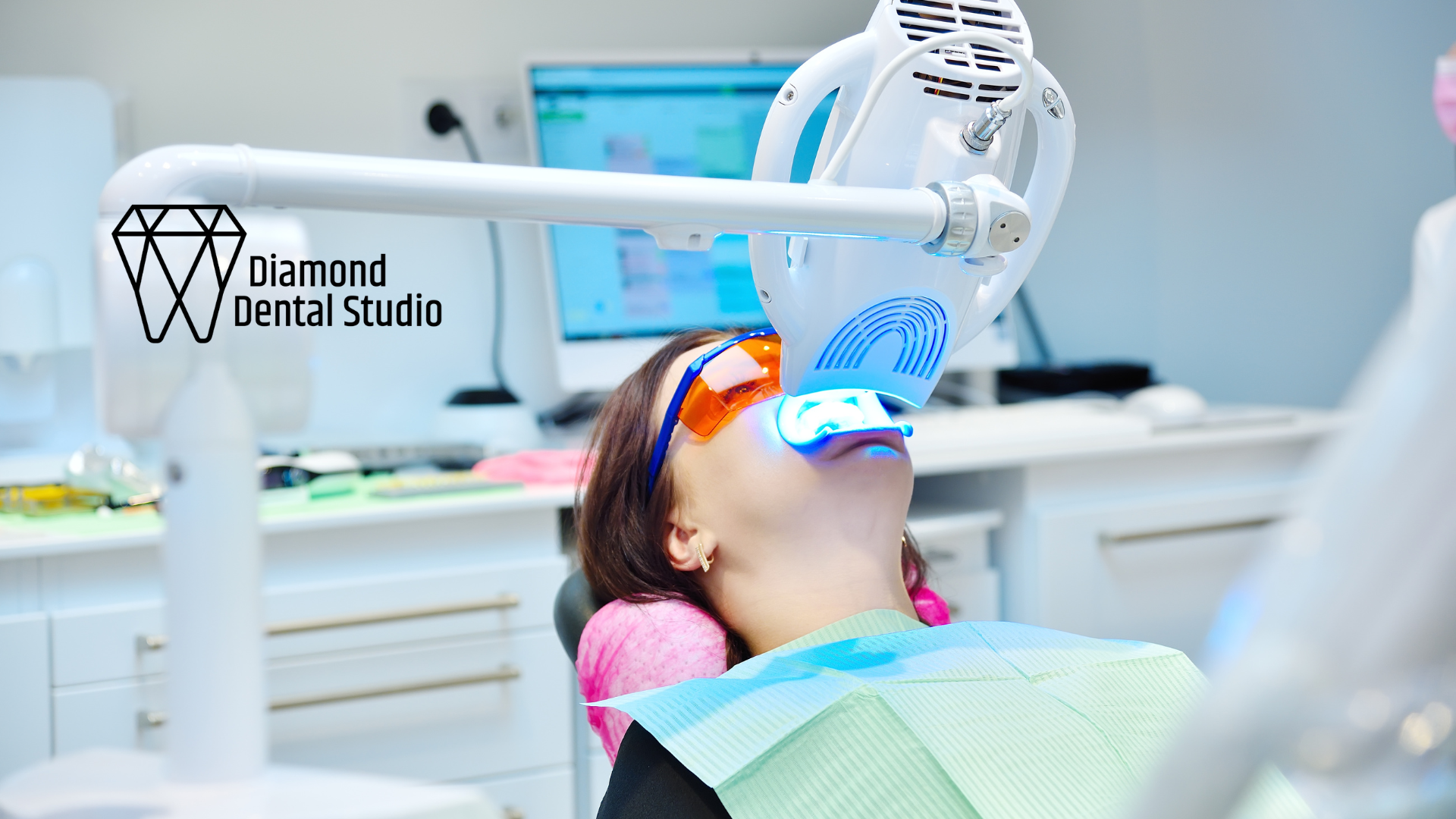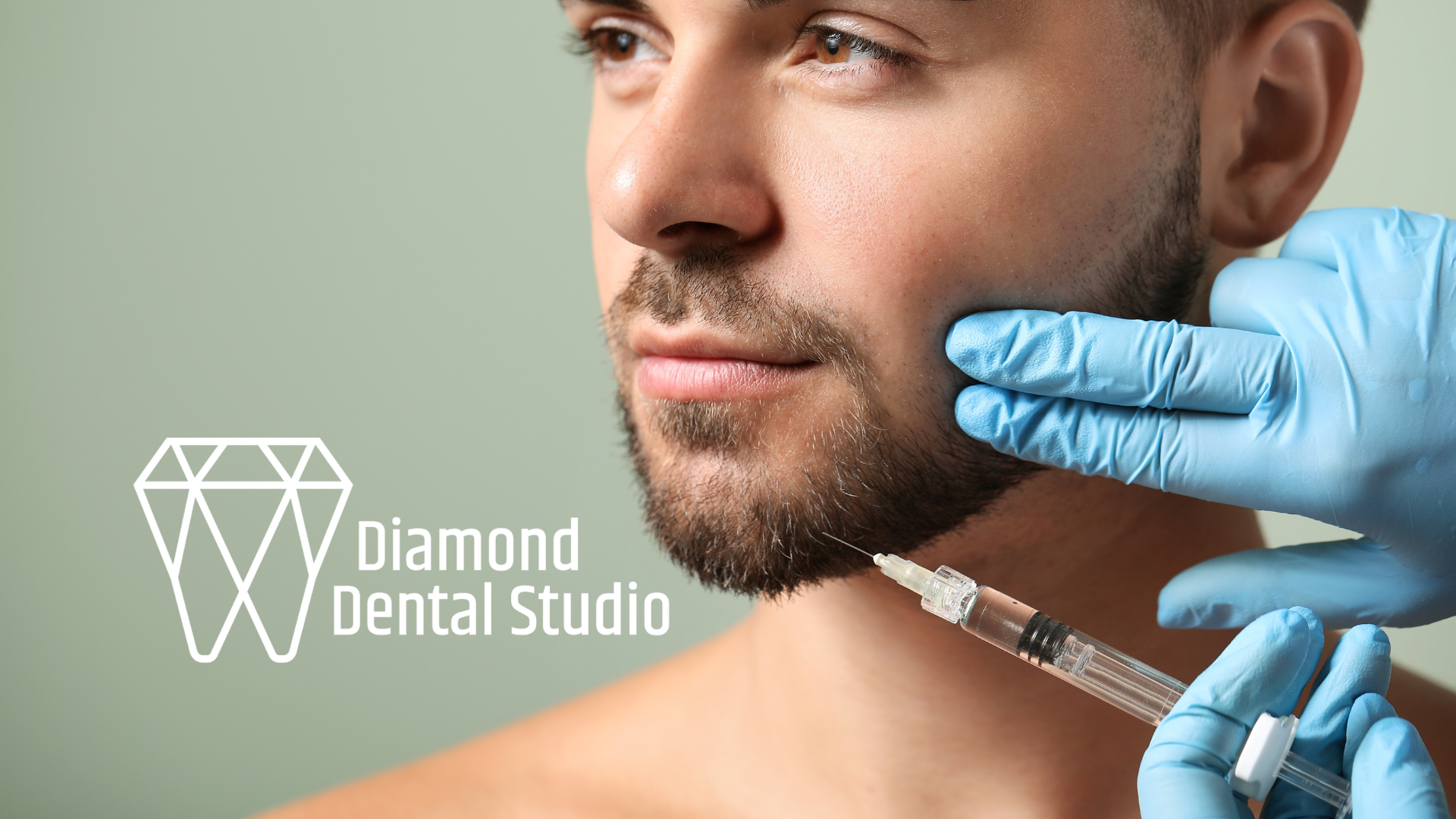No Dairy After Dental Implants? What San Diego Residents Should Know
Understanding Dental Implants and Recovery
The Process of Getting Dental Implants
Getting dental implants is a journey that involves several steps. First, there's the initial consultation where your dentist at Diamond Dental Studio will assess your oral health and discuss the best options for you. Next, if you're a suitable candidate, the actual implant procedure is scheduled. This involves placing a titanium post into your jawbone, which acts as a sturdy foundation for the artificial tooth. After the implant is placed, a healing period is necessary before the final crown is attached.
Typical Recovery Timeline for Dental Implants
Recovery from dental implants varies from person to person, but generally, you can expect a few key stages:
- Immediate Post-Op: Swelling and discomfort are normal in the first few days. It's important to rest and follow your dentist's advice closely.
- First Week: Most swelling should subside, and pain can be managed with prescribed medications. Soft foods are recommended.
- Long-Term Healing: Over the next few months, the implant integrates with your bone, a process known as osseointegration. Regular check-ups at Diamond Dental Studio will ensure everything is on track.
Common Post-Operative Instructions
After your dental implant surgery, following post-operative instructions is crucial for a smooth recovery:
- Stick to a soft food diet to avoid disturbing the implant site.
- Avoid strenuous activities and smoking, as these can impede healing.
- Maintain oral hygiene by gently rinsing with a saltwater solution as advised by your dentist.
Pro Tip: Keep in touch with your dental team at Diamond Dental Studio. They are there to help you through every step of the recovery process and address any concerns you may have.
The Role of Diet in Dental Implant Recovery
Importance of a Soft Food Diet
After getting dental implants, sticking to a soft food diet is really important. Your mouth needs time to heal, and eating the right foods can help with that. Chewing hard or crunchy foods can be painful and might even mess with the implants. Soft foods are easier to eat and won't put too much pressure on your new implants. Think about foods like mashed potatoes, yogurt, and scrambled eggs. They’re not only easy to chew but also gentle on your healing gums.
Foods to Avoid After Dental Implant Surgery
There are definitely some foods you should stay away from right after your surgery. Avoid anything that's hard, sticky, or too hot. These can cause problems with your implants and slow down the healing process. Here's a quick list to keep in mind:
- Nuts and seeds: They can get stuck in your teeth and are tough to chew.
- Hard candies and sticky sweets: These can pull at your implants and cause discomfort.
- Spicy and hot foods: They might irritate your gums and cause pain.
Nutritional Needs for Optimal Healing
Eating the right nutrients is key to helping your body heal after dental implant surgery. Your body needs plenty of vitamins and minerals to repair tissues and keep your immune system strong. Make sure to include:
- Protein: Helps with tissue repair. Go for soft options like tofu or soft-cooked chicken.
- Calcium: Important for bone health. Non-dairy sources like broccoli or fortified plant milks are great.
- Vitamins: Especially vitamin C and D, which support healing. Eat fruits like oranges and leafy greens.
Remember, your diet plays a big role in how well and how quickly you recover from dental implant surgery. The team at Diamond Dental Studio always emphasizes the importance of following dietary guidelines to ensure the best outcomes for their patients.
Why No Dairy After Dental Implant Surgery?
Potential Risks of Consuming Dairy
After dental implant surgery, your mouth is in a sensitive state, trying to heal and adjust to the new implants. Dairy products, although nutritious, can pose specific risks during this crucial recovery period. One of the main concerns is that dairy can increase mucus production, which might lead to discomfort or even infection if it accumulates around the surgical site. Additionally, some dairy products, especially those that are not pasteurized, might harbor bacteria that could potentially lead to infections in the healing gums.
Impact of Dairy on Healing Process
While dairy is often seen as a staple for strong bones, it might not be the best choice immediately following dental implant surgery. Consuming dairy can sometimes trigger inflammation or allergic reactions in some individuals, which can interfere with the healing process. Furthermore, dairy's tendency to stick to teeth and gums can create an environment conducive to bacterial growth, further complicating recovery.
Expert Opinions on Dairy and Dental Implants
Dental experts, including those at Diamond Dental Studio, often advise patients to avoid dairy in the initial stages of recovery. This recommendation is based on both clinical observations and patient feedback. By steering clear of dairy, patients can potentially reduce the risk of complications and promote a smoother healing experience. It's always a good idea to discuss any dietary concerns with your dental professional to tailor advice to your specific needs.
Avoiding dairy after dental implants isn't just about following a rule—it's about giving your mouth the best chance to heal without unnecessary hurdles. Trust the guidance of professionals like those at Diamond Dental Studio to navigate this recovery phase smoothly.
Alternatives to Dairy for Post-Implant Nutrition
Non-Dairy Sources of Calcium and Protein
After dental implant surgery, it's important to find non-dairy options that provide the calcium and protein your body needs. Calcium and protein are crucial for bone health and recovery. Here are some great alternatives:
- Leafy Greens: Kale, broccoli, and spinach are packed with calcium.
- Nuts and Seeds: Almonds and chia seeds offer both calcium and protein.
- Legumes: Lentils and chickpeas are excellent protein sources.
Recommended Beverages for Recovery
Staying hydrated and choosing the right beverages can aid in a smooth recovery process. Opt for drinks that are gentle on your mouth and support healing:
- Herbal Teas: Chamomile and peppermint teas are soothing and caffeine-free.
- Smoothies: Blend fruits and vegetables for a nutrient-rich drink.
- Fortified Plant Milks: Almond or soy milk with added calcium can be a good option.
Creating a Balanced Post-Surgery Diet
A balanced diet is key to recovery after dental implants. Focus on foods that are easy to chew and swallow, while providing essential nutrients:
- Soft Grains: Oatmeal and quinoa are easy to eat and nutritious.
- Cooked Vegetables: Steamed carrots and mashed sweet potatoes are gentle on your gums.
- Protein Alternatives: Tofu and tempeh are versatile and protein-rich.
At Diamond Dental Studio, we emphasize the importance of a thoughtful diet after dental surgery. Making informed dietary choices can significantly impact your healing process and overall experience.
Tips for a Smooth Recovery After Dental Implants
Managing Discomfort and Swelling
After getting dental implants, it's normal to feel some discomfort and notice swelling. To help manage these symptoms, follow your dentist's instructions closely. Here are a few tips:
- Use ice packs on the outside of your cheek to reduce swelling.
- Take prescribed pain medications as directed.
- Stick to a soft food diet to avoid irritating the surgical site.
Maintaining Oral Hygiene Post-Surgery
Keeping your mouth clean is crucial for healing. However, you need to be gentle. Consider these steps:
- Brush your teeth carefully, avoiding the implant area initially.
- Rinse your mouth with a saltwater solution to keep it clean.
- Avoid using mouthwash with alcohol, as it can irritate the gums.
Remember, keeping your mouth clean without disturbing the surgical area is key to a smooth recovery.
When to Contact Your Dentist
It's important to know when to reach out to your dentist. Here’s when you should:
- If you experience excessive bleeding that doesn’t stop.
- If pain or swelling worsens after a few days.
- If you notice signs of infection, like pus or a bad taste in your mouth.
At Diamond Dental Studio, they emphasize the importance of following these recovery tips to ensure a smooth healing process. Don't hesitate to reach out if you have any concerns during your recovery journey.
San Diego's Best Practices for Dental Implant Care
Choosing the Right Dental Professional
When it comes to dental implants, selecting the right dentist is crucial. Diamond Dental Studio stands out among dentists in San Diego for their expertise in tooth restoration. Here are some tips to help you make the right choice:
- Look for a dentist with specialized training in implantology.
- Check for positive patient reviews and testimonials.
- Ensure the dental clinic uses the latest technology and techniques.
Local Resources for Post-Operative Care
After receiving dental implants, accessing local resources can make a significant difference in your recovery. San Diego offers a range of support services:
- Dental clinics like Diamond Dental Studio provide comprehensive post-operative care.
- Community health centers often offer follow-up services.
- Support groups can offer advice and share experiences on dental implant recovery.
In San Diego, having a network of professional and community support can greatly ease the recovery process after dental implant surgery.
Community Support for Dental Health
Engaging with local community initiatives can help maintain your dental health post-surgery. Consider these options:
- Participate in dental health workshops and seminars.
- Join online forums or local groups focused on dental wellness.
- Take advantage of free dental check-up events organized by local clinics like Diamond Dental Studio.
Long-Term Care for Dental Implants
Routine Check-Ups and Maintenance
Once you have dental implants, keeping up with regular dental visits is super important. These check-ups help ensure your implants are doing well and your mouth stays healthy. Regular check-ups are key to spotting any issues early on. At Diamond Dental Studio, they recommend seeing your dentist every six months. During these visits, the dentist will check how your implants are doing, clean your teeth, and might take some X-rays to see what's going on beneath the surface.
Signs of Potential Complications
Knowing what to watch out for can save you a lot of trouble. Here are some signs that might indicate a problem with your dental implants:
- Persistent pain or discomfort around the implant area.
- Swelling or redness that doesn't go away.
- The implant feels loose or wobbly.
If you notice any of these, don't wait. Call your dentist at Diamond Dental Studio right away to get things checked out.
Ensuring Longevity of Your Implants
Taking care of your dental implants isn't just about brushing and flossing—though that's definitely part of it. Here are some tips to keep your implants in great shape:
- Brush and floss daily just like you would with natural teeth.
- Use a soft-bristle toothbrush to avoid damaging the implant.
- Avoid hard foods that can stress your implants over time.
Remember, dental implants are a big investment in your health and smile. Treat them with care, and they'll serve you well for years to come. At Diamond Dental Studio, they’re always ready to help you keep your implants in top shape.
So, If you're in San Diego and just got dental implants, maybe skip the dairy for a bit. It's not the end of the world, just a little bump on the road to a great smile. Remember, your dentist knows best, so follow their advice and you'll be back to your favorite foods in no time. It's all about healing right and making sure those implants settle in nicely. Take care of your new teeth, and they'll take care of you. Simple as that.




